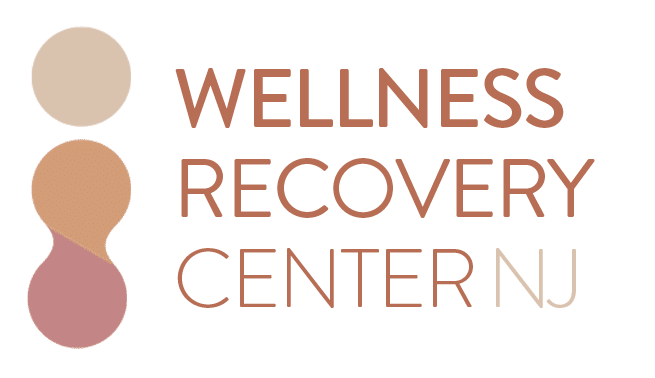Empowering Your Journey: Understanding Different Treatment Modalities for Recovery
When it comes to overcoming addiction, having a comprehensive understanding of the various treatment approaches available is crucial. Treatment modalities encompass a range of methods and strategies used to address the emotional and psychological aspects of addiction. Each approach offers benefits and can be personalized to meet individual needs.
Identifying a suitable treatment option is vital for achieving successful recovery. Addiction is a multifaceted condition; what proves effective for one person may not necessarily work for another. By exploring and understanding different treatment modalities, you can make an informed decision that aligns with your unique requirements and aspirations.
Conventional and Alternative Treatment Approaches
Conventional treatment approaches are established methods that have stood the test of time. These modalities often serve as the foundation for addiction treatment programs. One such approach is individual therapy, in which a client collaborates one-on-one with a therapist to address the underlying causes of addiction and develop effective coping mechanisms. Group therapy is another approach that enables individuals to connect with others who share similar experiences and gain insights from their collective wisdom.
Treatment options for addiction recovery also include inpatient treatment, where people stay at a specialized facility for an extended period of time. This kind of environment offers structure and support to aid in the recovery process.
Additional treatment methods include alternative treatment modalities, which focus on healing and incorporate practices from various cultures and traditions. For instance, acupuncture, a Chinese practice involving the insertion of thin needles into specific points on the body, can help restore balance and alleviate withdrawal symptoms.
Yoga and meditation can also be beneficial for addiction recovery. These practices promote mindfulness and self-awareness, which play a role in breaking free from addictive patterns. Furthermore, art therapy and music therapy offer emotional expression and healing outlets.
Holistic Treatment Modalities
Taking a holistic approach to addiction recovery means viewing the mind, body, and spirit as interconnected elements and addressing all these elements in treatment. Holistic modalities recognize that addiction affects well-being as well as spiritual connection. Holistic approaches often include nutritional therapy, exercise, and mindfulness practices.
Nutritional therapy primarily focuses on supplying the body with nutrients to facilitate healing and restore equilibrium. Engaging in activities like yoga or hiking enhances physical well-being. These activities trigger the release of endorphins, uplifting mood and diminishing cravings. Mindfulness practices, such as meditation and deep breathing exercises, aid individuals in cultivating a sense of tranquility and self-awareness.
Integrative treatment modalities combine elements from multiple approaches to create a personalized treatment plan, acknowledging that no single approach suits everyone. By integrating methods, individuals can benefit from a tailored and multifaceted approach to their recovery.
Advantages of Different Treatment Modalities
The benefits of different treatment modalities are extensive and diverse.
Traditional treatment methods offer an evidence-based approach to recovery, creating a safe environment for individuals to delve into their past traumas, develop healthy coping mechanisms, and build a supportive circle of peers.
Alternative treatment approaches can be especially beneficial for those who have tried conventional methods without success. These approaches provide tools and techniques that promote holistic healing and self-discovery.
Holistic treatment approaches address the mind, body, and spirit simultaneously, allowing for a well-rounded journey toward recovery. By nurturing all aspects of being, individuals can experience improved physical health, emotional stability, and a sense of purpose and connection.
Integrative treatment approaches combine elements from different methods, offering individuals personalized and flexible treatment plans that address their specific needs and challenges.
Treatment Options for Recovery with Wellness Recovery NJ
At the Wellness Recovery Center of New Jersey, we provide various treatment options to support your path toward recovery. Our comprehensive approach focuses on promoting well-being and addressing the underlying causes of addiction. Our dedicated team of professionals is committed to delivering personalized care.
Treatment options at our New Jersey drug rehab include therapy, group therapy, residential treatment programs, participation in 12-step programs, acupuncture sessions, yoga classes, meditation practices, art therapy sessions, music therapy sessions, nutritional counseling, exercise routines, mindfulness techniques, cognitive behavioral therapy (CBT), dialectical behavior therapy (DBT), and more. We strongly believe in the power of choice and collaborate closely with each individual to develop a tailored treatment plan that meets their needs and goals. Our New Jersey dual diagnosis center offers treatment for co-occurring disorders, and we provide various levels of care, from partial hospitalization programs to outpatient rehab.
Recovery is a journey that requires finding the right treatment approach for success. By understanding the different modalities available for treatment, you can make an informed decision that aligns with your personal needs and goals. Whether you opt for conventional methods or explore alternative approaches, remember there isn’t a one-size-fits-all solution. Trust yourself during this process. Seek professional guidance and remain open to exploring the multiple modalities available to you at the Wellness Recovery Center of New Jersey.



Leave a Reply